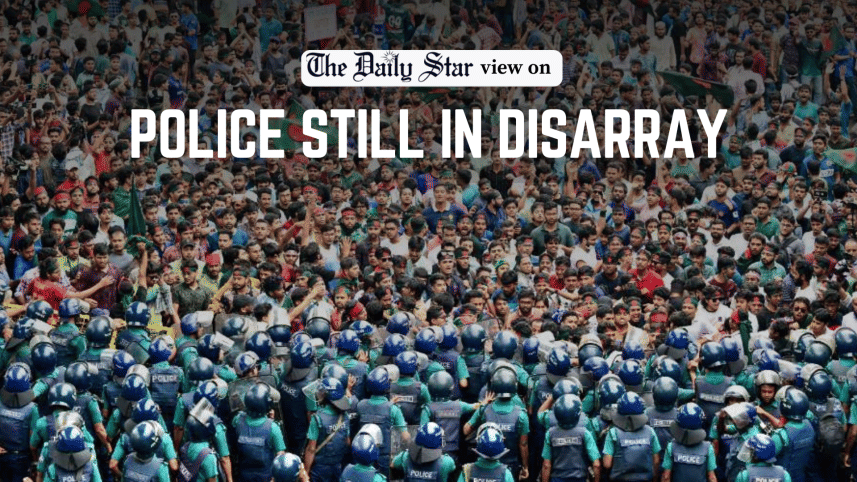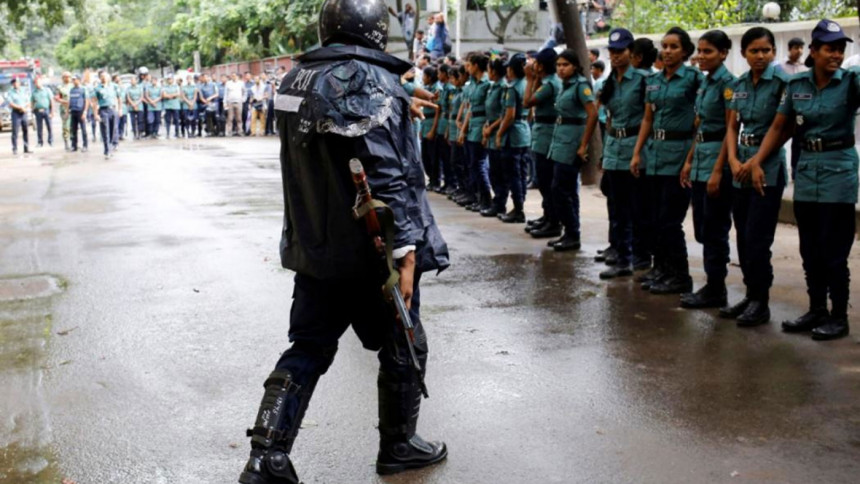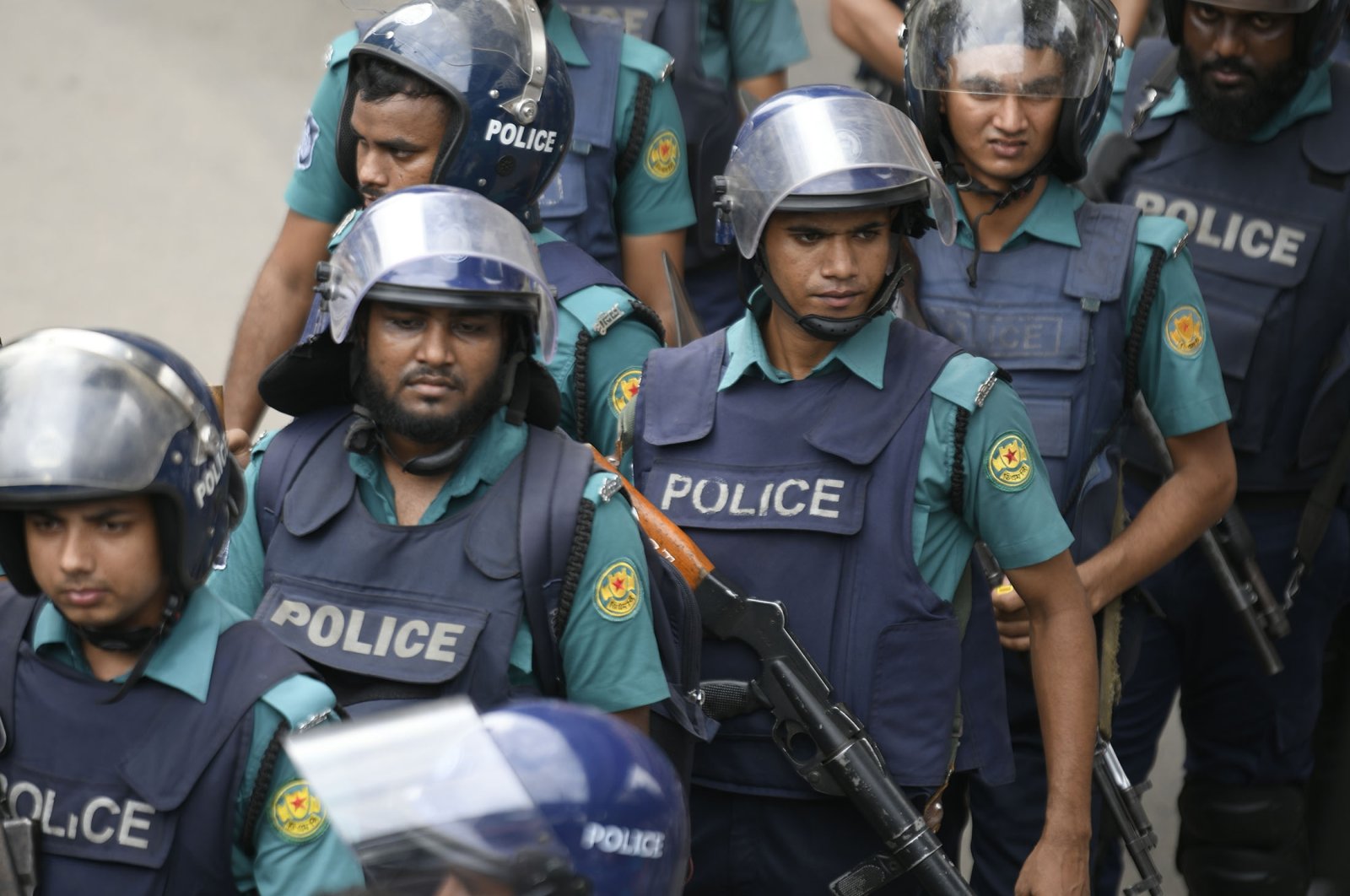Police must come out of their cocoon

We are alarmed by the continued turbulence within the police force even nearly two months after the ouster of the Awami League government. Despite the interim government making law enforcement a central plank of its policy, progress achieved so far—especially in terms of fully operationalising a force torn asunder by the violent fallout of regime change and preventing crimes or disruptive activities—has frustrated many. Since August 5, there have been over 50 incidents of mob lynching, with some 45 killed. Political violence, attacks on minorities and shrines, and frequent protests and clashes have also marked the period, with police largely missing from the scene.
The question is, why is it taking so long to reverse this situation? According to a report by this daily, a number of factors are responsible for the continued paralysis within the force. At the heart of it is a persistent sense of fear and frustration that has proven difficult to address. Many officers, especially those complicit in enabling the excesses of the previous government, are apprehensive about facing public wrath or legal consequences. There are others who feel unfairly vilified for simply following orders, and still others who are trying to take advantage of regime change to secure favorable posts for themselves. The morale crisis and opportunism have combined with logistical challenges to reduce "a force on wheels" largely to a "force behind the desk." In other words, barely active.
This lack of mobility or action has been partly attributed to a lack of vehicles and other tools necessary to respond to emergencies. Because of the unprecedented public fury that saw hundreds of police vehicles, instruments and facilities ransacked in early August, even routine policing is being compromised, with many officers resorting to walking to their assignments or relying on public transport. The 999 emergency hotline is also struggling to provide timely assistance, with response times more than doubling or even tripling in some cases. Compounding these issues is the absenteeism or injuries of many officers.
The government has taken various measures, including forming a commission, to address these issues, but progress has been slow and insufficient. Given the continued threat to public safety as manifested by various events recently, the government must expediate its efforts to resolve the crisis. That means not only providing the logistical support needed for day-to-day operations but also addressing the deeper internal issues that have taken root within the ranks. An ideal reform process would focus on depoliticising the force, restoring public trust, and ensuring that officers are held accountable in a fair manner. Equally important is the need to boost their morale by acknowledging police contributions in our society.



 For all latest news, follow The Daily Star's Google News channel.
For all latest news, follow The Daily Star's Google News channel. 


Comments